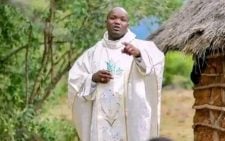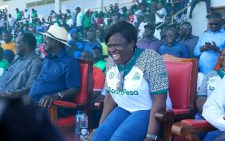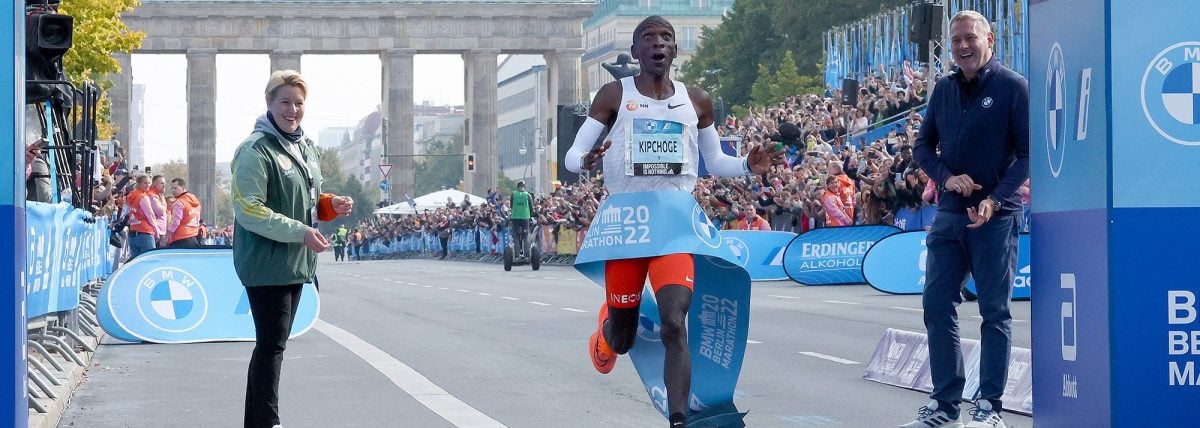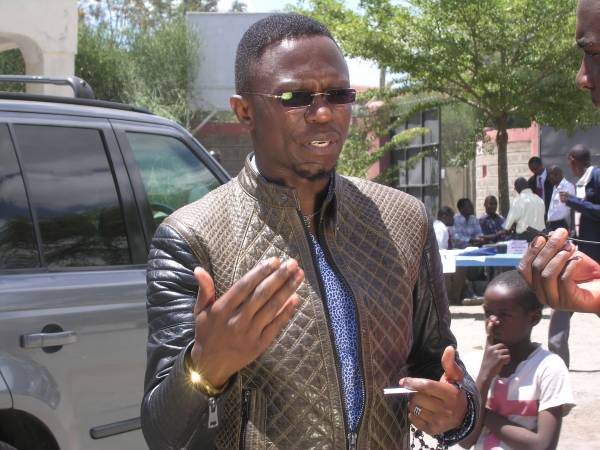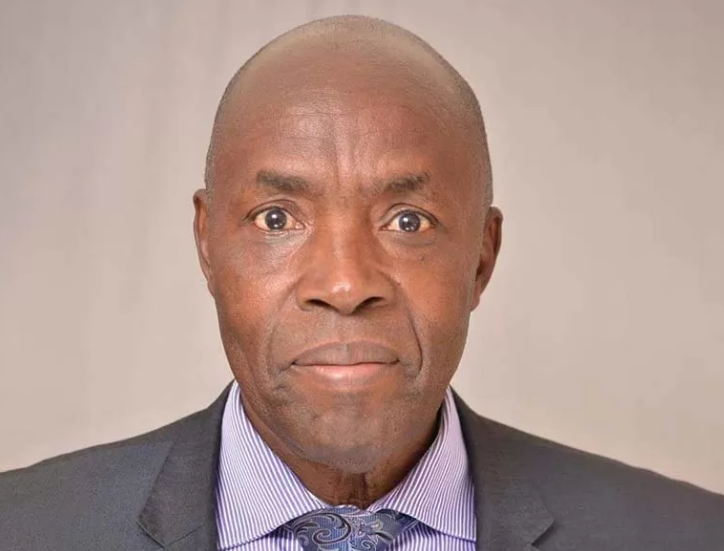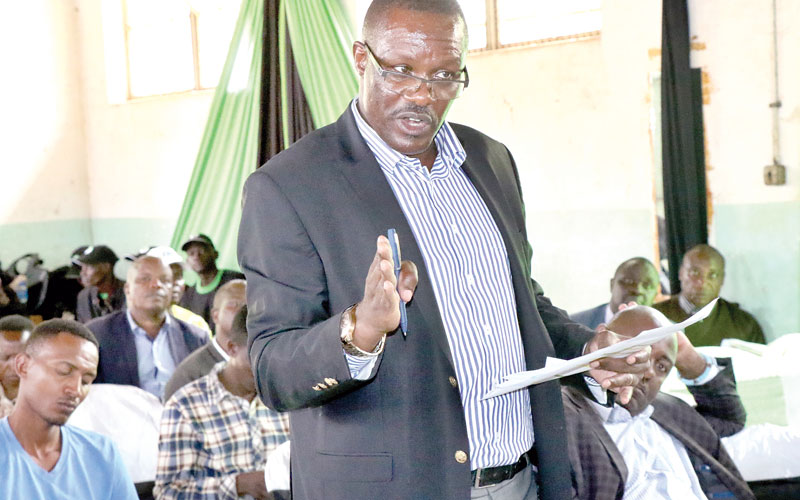Young and old in bruising battle for Nakuru senator seat race
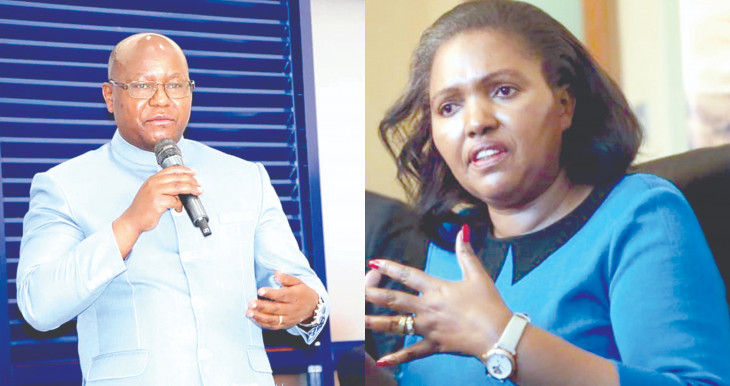
The battle for Nakuru’s senatorial seat is becoming a blend of old and young, veterans and newcomers. It has attracted 13 aspirants but only 11 have been cleared to run by the Independent Electoral and Boundaries Commission (IEBC).
The seat is held by Susan Kihika, who is gunning for the governorship.
As expected, the campaigns mirror the presidential ones, with aspirants aligning themselves with Deputy President William Ruto’s United Democratic Alliance (UDA, Kenya Kwanza); and ODM leader Raila Odinga’s Azimio-One Kenya group.
Keroche Executive Tabitha Karanja and Industrialisation Chief Administrative Secretary Lawrence Karanja are the front runners, flying the Kenya Kwanza and Azimio-One Kenya flags, respectively. The duo is venturing into politics for the first time.
Battling veterans
They are competing against veterans such as former MPs Koigi wa Wamwere (Subukia) and John Mututho (Naivasha). Others in the race include youthful aspirants Mike Weche (Amani National Congress), Thomas Mwangi (independent), Daniel Kimani (Ford Kenya), and Crispus Wathimba (independent).
Announcing his bid during a meeting with Law Society of Kenya (LSK) Rift Valley branch officials in April, Karanja said he would ensure Nakuru gets a fair share of national revenue commensurate with its population.
“The county has continued to get a raw deal in revenue sharing. Nakuru has the third-largest population in Kenya and is the second-highest contributor to the Gross Domestic Product. It deserves more revenue allocation,” he said.
The county, boasting 1.1 million registered voters, is the third biggest voting bloc in Kenya after Nairobi and Kiambu.
Karanja recently got a major boost from Mwalimu Michael Gacohi, who withdrew from the Senate race and backed him, saying he had better chances of clinching the seat.
“The selfless act by Mwalimu Gacohi showed wisdom and maturity that comes with many years of teaching,” said Karanja.
Meanwhile, Tabitha rose to the limelight as the boss of Keroche Breweries. “I assure the people of Nakuru that, once elected, I will represent them at the Senate and defend devolution,” she said.
His decision to join Ruto was unexpected, with Raila being seen as the natural comrade since he has supported Keroche in its wars with competitors. The move may have been informed by party dynamics in the cosmopolitan county that is currently tilting towards Kenya Kwanza.
She said she would champion laws that allow businesses, entrepreneurs and small traders to thrive. “With my vast experience in the manufacturing sector, I will work closely with both levels of government to ensure that Nakuru benefits from the manufacturing sector through value addition and job creation,” she said.
And, speaking outside IEBC offices in Nakuru, Wamwere, who is an independent candidate, expressed confidence that he would be elected, owing to his political experience. Former detainee
“Many people know me. I have great hope that I will win”, he said. The former detainee has not made a political comeback since losing his Subukia parliamentary seat in 2007.
“We have fought many political battles and survived,” he said, adding that he was confident the IEBC would conduct a transparent, open, credible and democratic election.
Mututho, a former Naivasha MP, is mostly associated with the battle against alcoholism and drug abuse, which saw him serve as chairman of the National Authority for the Campaign Against Alcohol and Drug Abuse (Nacada). He is the architect of ‘Mututho laws’, which regulate the hours for the general sale of alcohol. He will be running on an Orange Democratic Movement (ODM) ticket.
The battle will also be shaped by regional balance and one’s ability to win the support of dominant communities such as Kikuyu and Kalenjin. But minority groups such as Luhya, Luo, Maasai, Somalis and Turkana cannot be ignored.
